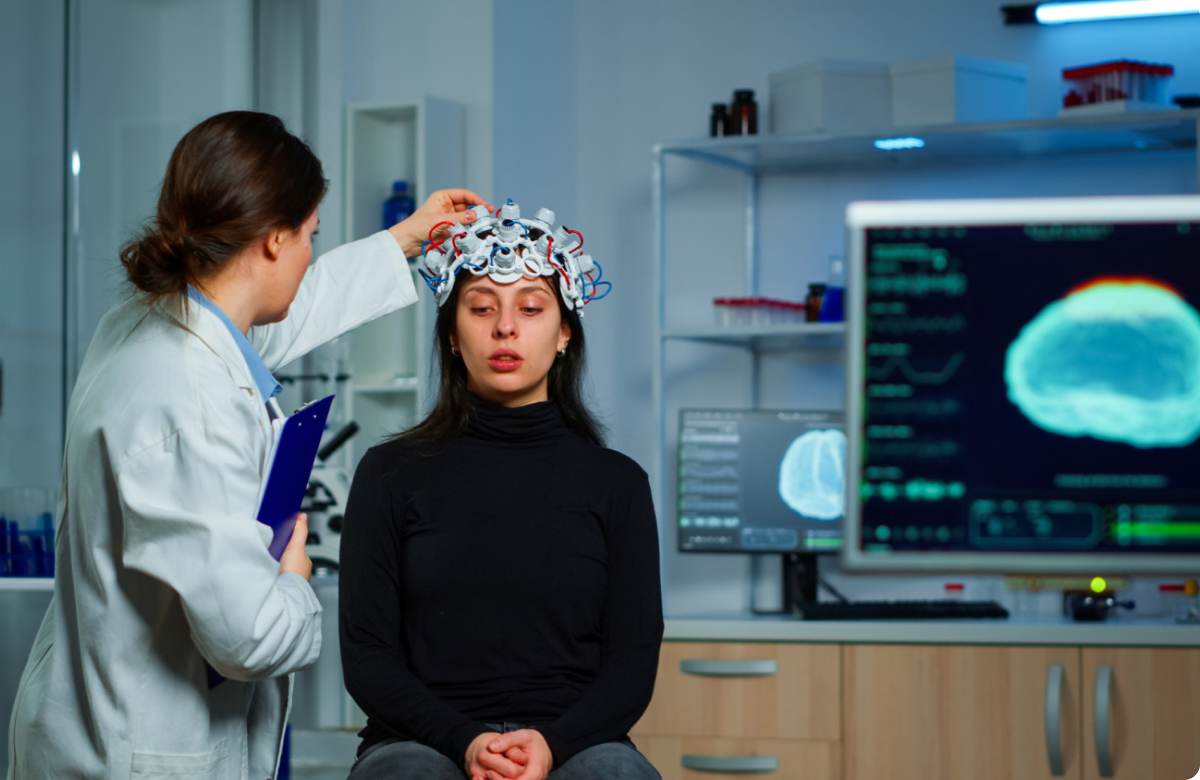
Physiotherapy plays a crucial and specialized role in neurological rehabilitation, addressing the unique challenges faced by individuals with neurological conditions. Neurological rehabilitation aims to improve the functional abilities, independence, and quality of life of individuals with disorders affecting the nervous system. Here are key aspects of the role of physiotherapy in neurological rehabilitation
Assessment and Diagnosis
- Physiotherapists conduct thorough assessments to understand the impact of neurological conditions on the individual’s movement, coordination, strength, and overall function.
- They identify specific impairments and limitations to create a tailored rehabilitation plan.
Motor Control and Movement Pattern Training
- Physiotherapy focuses on retraining and optimizing motor control and movement patterns affected by neurological conditions such as stroke, spinal cord injury, or traumatic brain injury.
- Specific exercises and activities help individuals regain control over their movements and improve coordination.
Gait Training
- Gait disturbances are common in neurological conditions. Physiotherapists work on improving walking patterns, balance, and coordination through targeted gait training exercises.
- Assistive devices and orthotics may be recommended to enhance stability and safety during walking.
Strength and Endurance Training
- Physiotherapy involves strength training to address muscle weakness, a common issue in neurological conditions.
- Endurance exercises help individuals build stamina and improve their ability to engage in daily activities.
Balance and Coordination Exercises
Balance deficits are often present in neurological disorders. Physiotherapists design exercises to enhance balance and coordination, reducing the risk of falls and improving overall stability.
Functional Independence Training
- Physiotherapists focus on improving functional abilities required for daily living, such as dressing, bathing, and getting in and out of bed.
- Adaptive strategies and assistive devices are introduced to promote independence.
Spasticity Management
- Physiotherapy includes techniques to manage spasticity, which is increased muscle tone common in conditions like cerebral palsy or multiple sclerosis.
- Stretching exercises, positioning, and other modalities may be used to reduce spasticity and improve mobility.
Sensory Integration
In some neurological conditions, there may be sensory deficits. Physiotherapists employ sensory integration techniques to improve awareness and responsiveness to sensory stimuli.
Task-Specific Training
Physiotherapy involves task-specific training, focusing on activities relevant to the individual’s goals and daily life to enhance functional outcomes.
Patient and Caregiver Education
Physiotherapists educate patients and their caregivers about the nature of the neurological condition, the rehabilitation process, and strategies for managing challenges at home.
Community Reintegration
- Physiotherapists work towards reintegrating individuals into their communities by addressing mobility issues, promoting social interaction, and enhancing community participation.
- The role of physiotherapy in neurological rehabilitation is holistic, aiming not only to improve physical function but also to enhance overall well-being and participation in life activities. The interventions are individualized, taking into account the specific neurological condition, the stage of recovery, and the individual’s goals.
